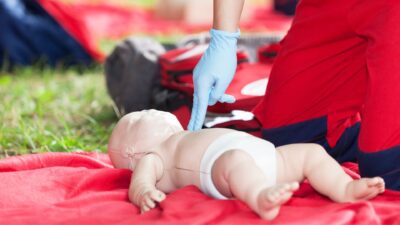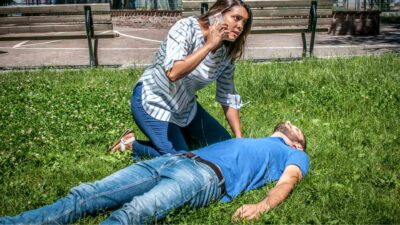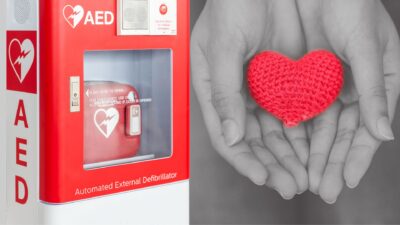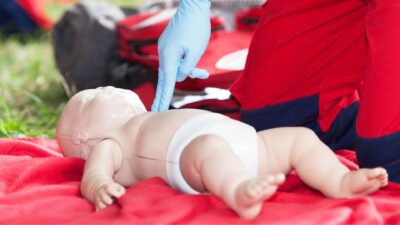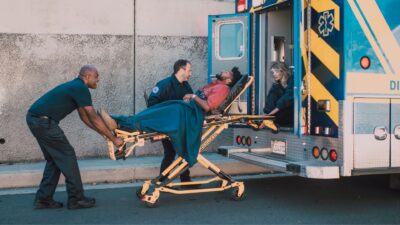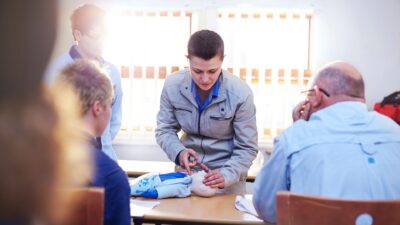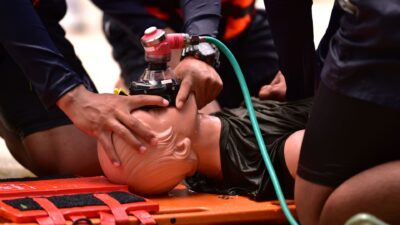
What are the Different Certification Levels for CPR?
Whether you’re a parent, caregiver, fitness instructor, or healthcare provider, understanding CPR and the different levels of certification available is essential. Each CPR certification level equips individuals with varying degrees of knowledge and skills tailored to their specific needs and responsibilities. For those living in St. Petersburg, Florida, a city known for its active community…
Read More